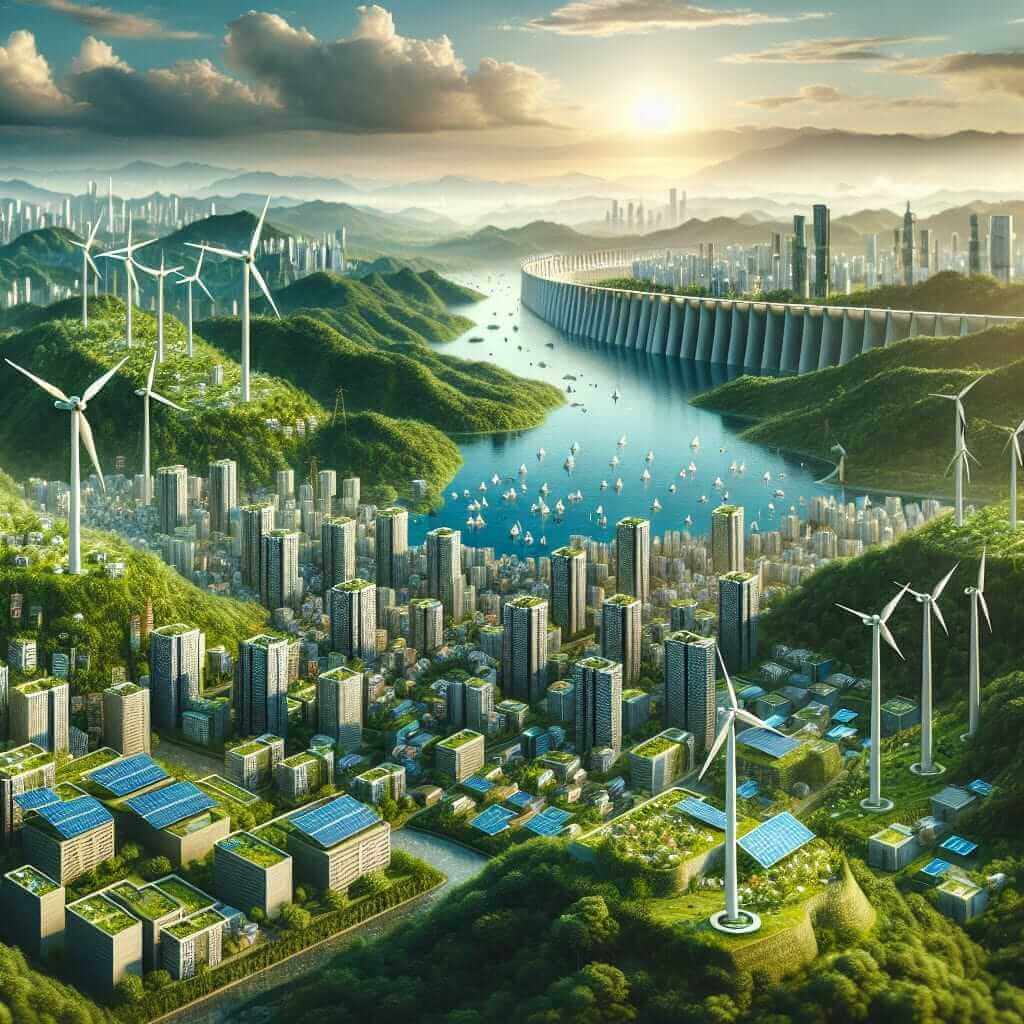In our increasingly interconnected world, global problems like climate change, poverty, and disease require innovative solutions. As IELTS students, you’ll often encounter these themes in reading, writing, and speaking tasks. This article explores the crucial question, “How can we use technology to solve global problems?”, equipping you with the vocabulary, examples, and exam strategies to excel in your IELTS exam.
Understanding the Intersection of Technology and Global Issues
Technology, encompassing everything from artificial intelligence to renewable energy, holds immense potential to address pressing global challenges. Let’s delve into how:
- Climate Change: Technology can mitigate climate change through renewable energy sources like solar and wind power, reducing our reliance on fossil fuels. Carbon capture and storage technologies also offer promising solutions for reducing greenhouse gas emissions.
- Poverty: Mobile banking and digital microfinance platforms can empower individuals in developing nations by providing access to financial services and fostering economic growth.
- Healthcare: Telemedicine can bridge geographical barriers, making quality healthcare accessible to remote areas. AI-powered diagnostic tools enable faster and more accurate disease detection, while advancements in medical technology offer life-saving treatments.

Illustrative Examples of Technology Tackling Global Challenges
Here are some compelling examples of how technology is being harnessed to address global issues:
- Precision Agriculture: Drones equipped with sensors can monitor crop health, optimize irrigation, and apply fertilizers precisely, increasing yields and reducing resource waste.
- Early Warning Systems: Utilizing satellite technology and data analysis, early warning systems can predict natural disasters like floods, earthquakes, and droughts, enabling timely evacuations and disaster preparedness.
- Online Education Platforms: Platforms like Coursera and edX offer access to high-quality education globally, breaking down barriers to knowledge and empowering individuals with valuable skills.
- 3D Printing for Sustainability: 3D printing enables on-demand manufacturing, reducing transportation emissions and material waste. It also facilitates the creation of durable and affordable housing solutions in disaster-stricken areas.
Applying Your Knowledge to IELTS
Writing Task 2
You might encounter an essay question like:
“To what extent do you agree that technology is the key to solving global problems?“
When crafting your response, use a clear structure, present a balanced view, and provide relevant examples. For instance, you could discuss the potential of renewable energy technologies to combat climate change while acknowledging the importance of international cooperation and policy changes.
Speaking Part 3
In Part 3, the examiner might ask:
“What role do you think artificial intelligence will play in the future of healthcare?“
Use specific vocabulary to express your ideas, such as “AI-powered diagnostics,” “personalized medicine,” or “remote patient monitoring.” For instance, you could say:
“I believe AI-powered diagnostics will revolutionize healthcare by enabling earlier and more accurate disease detection, leading to more effective treatments and improved patient outcomes.”
Common Pitfalls to Avoid
- Overgeneralization: Avoid sweeping statements like “technology will solve all our problems.” Instead, focus on specific technologies and their potential impact on particular issues.
- Lack of Examples: Support your claims with concrete examples. Refer to real-world initiatives or technological advancements to illustrate your points effectively.
- Ignoring the Human Element: Remember that technology is a tool. Its success in addressing global problems depends on human ingenuity, collaboration, and ethical considerations.
Practice Makes Perfect
To strengthen your grasp on this topic:
- Stay updated: Follow reputable news sources to learn about the latest technological advancements and their applications in solving global problems.
- Brainstorm ideas: Practice generating ideas and arguments related to the use of technology for different global issues.
- Expand your vocabulary: Note down useful vocabulary related to technology, global problems, and solutions.
By actively engaging with these strategies, you’ll be well-prepared to confidently tackle any IELTS task related to the transformative potential of technology in addressing global challenges. Don’t forget to explore our other articles on IELTS.net to further enhance your preparation. Learn how to effectively “grasp at straws” in your IELTS speaking exam or dive into specific examples of how technology can help address environmental problems. Your journey to IELTS success starts here! Let us know your thoughts in the comments below and share this article with fellow IELTS aspirants.